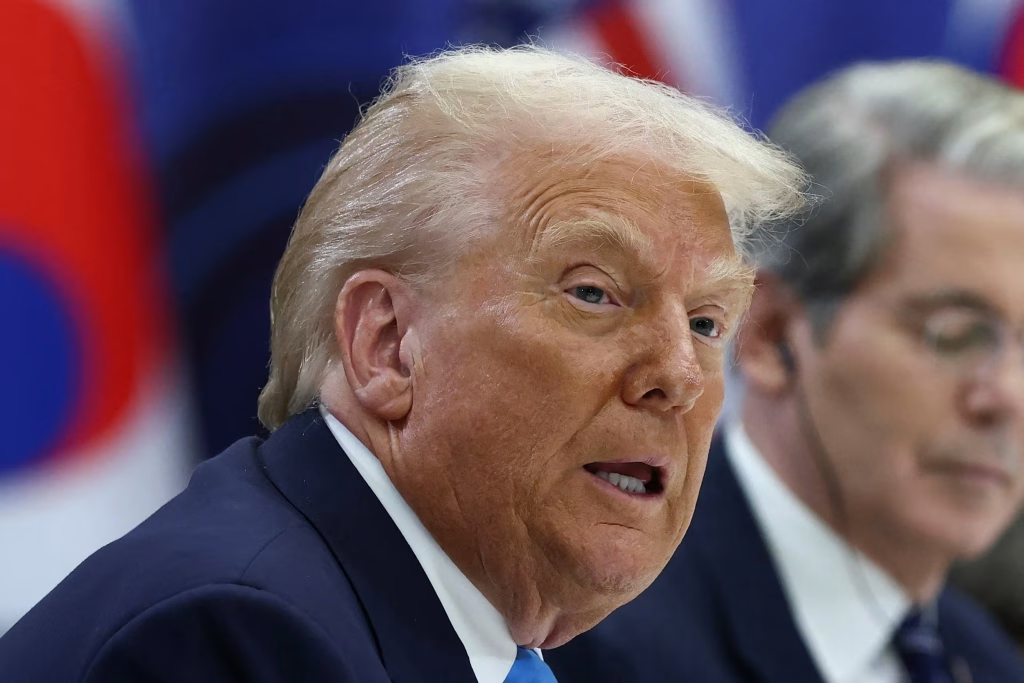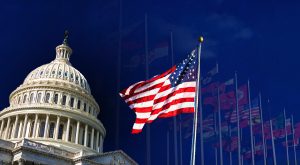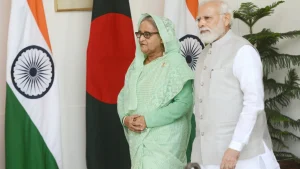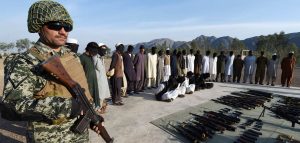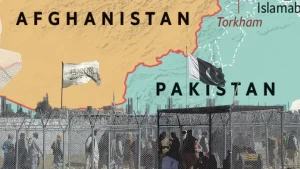The United States’ decision to resume nuclear weapons testing marks a dangerous inflection point in global security. Coming more than three decades after Washington’s last test in 1992, this move not only undermines the spirit of the Comprehensive Nuclear-Test-Ban Treaty (CTBT) but also risks igniting a new era of strategic instability.
By claiming to act “on an equal basis” with Russia and China, Washington is effectively legitimising a renewed cycle of nuclear competition. Moscow’s testing of the Poseidon nuclear-powered torpedo and Beijing’s rapid expansion of its missile silos have already strained the deterrence balance. Yet, instead of reinforcing global restraint, the US has chosen escalation — a decision that could unravel decades of arms control diplomacy.
For the rest of the world, especially non-nuclear states, this development is deeply unsettling. It signals a regression from disarmament commitments towards great-power brinkmanship. Countries like North Korea and potentially Iran may interpret this as validation of their own nuclear ambitions, while South Asia’s fragile deterrence equation could face renewed pressure amid shifting global norms.
Pakistan must respond prudently but proactively. First, it should align with like-minded states — particularly China, Russia, and members of the Non-Aligned Movement — to call for an emergency review of the CTBT’s relevance and enforcement. Second, Islamabad must reinforce its commitment to responsible nuclear stewardship, using diplomatic channels to advocate against renewed testing. Finally, Pakistan’s strategic community should invest in arms control expertise, preparing for a world where the nuclear taboo is once again under strain.
Resuming nuclear tests will not restore deterrence; it will dismantle the very fabric of stability the world has struggled to preserve since the Cold War.




